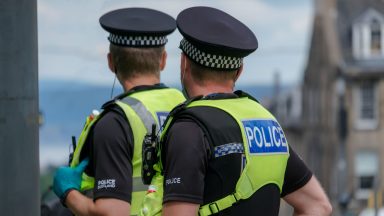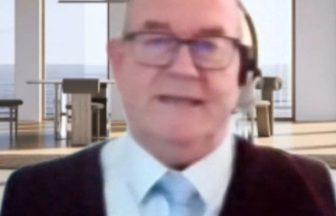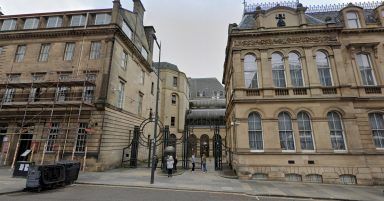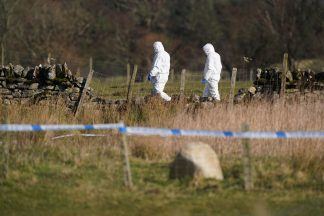Fly-tipping in Falkirk almost doubled last year, while staff shortages and social distancing left the council service unable to cope after years of budget cuts.
Reports of fly-tipping across the area increased by 91%, rising from 2101 in 2019/20 to 4013 in 2020/21, a report for Falkirk Council’s scrutiny committee revealed.
It shows that while Falkirk usually matches other local authorities’ performance, there was a dramatic fall during the lockdown period.
The report says that more people being at home throughout the pandemic led to large amounts of household waste being deposited in and around litter bins, which only added to the problem.
An audit by Keep Scotland Beautiful found that several sites had levels of litter that were much higher than usual throughout the pandemic.
However, not all of the service’s woes can be attributed to Covid.
The report also shows a “clear correlation” between service budget reductions and fewer sites recording an acceptable cleansing rating.
In 2015/16 £300,000 was cut from the service’s budget; in 2016/17 a further £200,000; and in 2019/20 another £300,000.
Those cuts are the equivalent of 16 full-time members of staff, although no redundancies were made.
This year’s budget did allocate an additional £50,000 to help with the problem of removing fly-tipping from private land where no landowner details are available – but the report highlights that next year’s will almost certainly be looking for more savings to be made.
Looking to the future, however, the report is hopeful that technology will play a part in making up for the loss of staff.
Bin sensors are being piloted, near Denny High School, Falkirk High School, Tamfourhill and in various rural locations.
These tell the council how full the bin is, its temperature and location and whether it is upright or not.
The real-time information allows the service to track what’s happening in each location so that staff can be employed more efficiently.
And the service hopes that gradually the data will help to build up a picture of littering and fly-tipping that will mean resources can be concentrated much more effectively.
They also hope that more targeted journeys will help to cut the team’s carbon emissions by at least 19%.
Members of Falkirk Council’s scrutiny committee will discuss the report next Thursday.
By local democracy reporter Kirsty Paterson
Follow STV News on WhatsApp
Scan the QR code on your mobile device for all the latest news from around the country


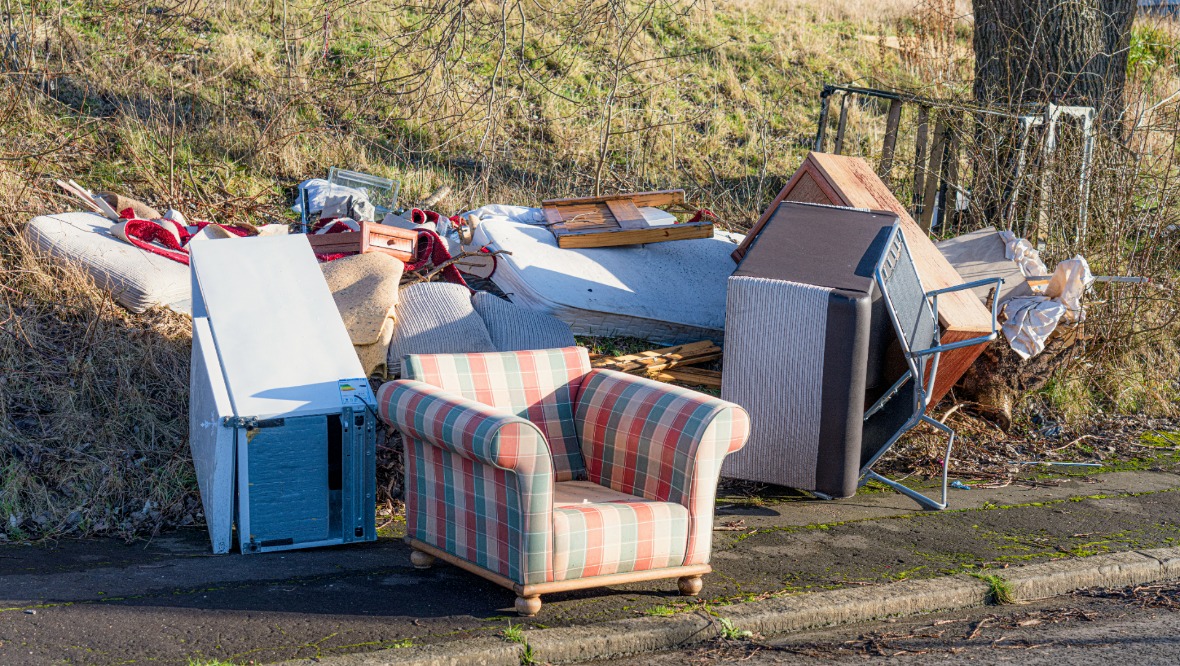 iStock
iStock















